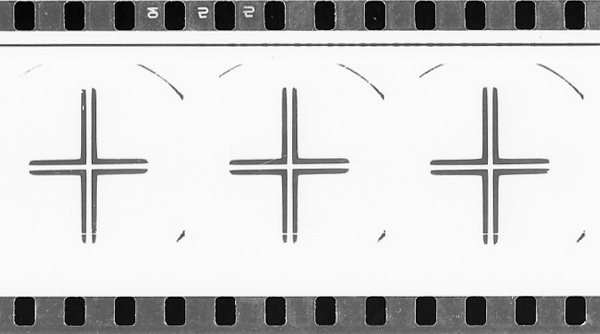Baadasssss!

Synopsis
Mario Van Peebles' Baadasssss! is a richly entertaining and affectionate depiction of his father Melvin Van Peebles' making of Sweet Sweetback's Baadasssss Song, the legendary 1971 hit which featured the first black ghetto hero in screen history.As one of Hollywood's few African-American directors, Melvin Van Peebles was on the brink of clinching a three-picture deal with a major studio, but realising they would never back the Black Power film he was itching to make and America needed to see, Melvin broke out on his own. The result was Sweet Sweetback's Baadasssss Song, the story of an 'ordinary black street hustler' fighting back against the system and winning
Embraced by the Black Panthers as a 'revolutionary masterpiece', it sparked the birth of independent black cinema, paving the way for an entire new genre - Blaxploitation - and has been cited as inspiration by directors such as Spike Lee and Quentin Tarantino.
Mario himself stars as his charismatic father, showing Melvin's increasingly desperate attempts to make the pioneering film 'by any means necessary'. Employing non-union crew and recruiting from the pornography industry in order to save money, Melvin Van Peebles' struggle to release his film is brought back to life in this powerful docudrama. Set against the backdrop of the Vietnam War, Woodstock, hipsters, hustlers, free love, afros and funk music, it is a hilarious yet considered portrayal of a seismic period in history following the assassinations of Malcolm X and Martin Luther King. With engaging performances from a strong ensemble cast, including Joy Bryant, Terry Crews and veteran director Ossie Davis, it proves an inspiring lesson in both moviemaking and the power of self-belief.
Special Features
- Full commentary with Melvin and Mario Van Peebles- Q&A with Melvin Van Peebles at the American Cinematheque
- Birth Of Black Cinema - with Melvin, Mario and the cast and crew of Baadasssss!
- Biography of Mario Van Peebles
- Sight & Sound film review and film notes by Kodwo Eshun